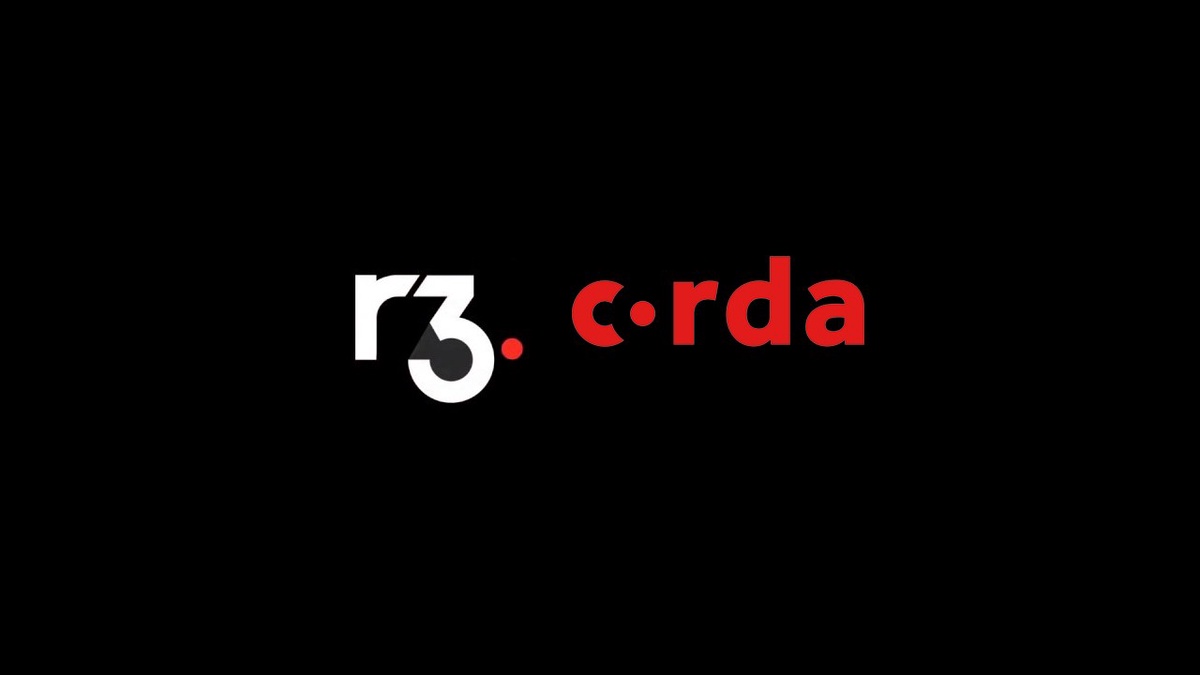Blockchain technology has the potential to revolutionize industries and streamline operations, but it also brings new challenges related to regulatory compliance. To ensure that enterprises can leverage blockchain technology while still complying with regulatory requirements, it is important to understand how to ensure compliance in R3 Corda node deployment.
R3 Corda is a blockchain platform that has been designed specifically for enterprise use cases, including those that require regulatory compliance. R3 Corda offers several features that help ensure compliance with regulatory requirements, including data privacy and access controls. However, enterprises must also take additional steps to ensure that their R3 Corda node deployment is compliant with relevant regulations.
One of the first steps in ensuring compliance with regulatory requirements in R3 Corda node deployment is to understand the relevant regulations that apply to the enterprise's use case. Regulations such as GDPR, HIPAA, and KYC/AML requirements are just a few examples of regulations that may apply to an enterprise's blockchain use case. Once the regulations are identified, enterprises can develop a compliance strategy that addresses each of the requirements.
Data privacy is an essential aspect of regulatory compliance, and R3 Corda's privacy features are designed to help enterprises achieve compliance. R3 Corda allows users to transact securely without disclosing sensitive information to other parties, which helps ensure data privacy. Additionally, R3 Corda's privacy features can be customized to meet specific regulatory requirements, such as GDPR's "right to be forgotten."
Access controls are another crucial aspect of regulatory compliance, and R3 Corda's permissioned blockchain model provides robust access controls to ensure that only authorized parties can access and modify data on the blockchain. R3 Corda also provides a flexible role-based access control model that enables enterprises to manage access to their data and transactions effectively.
Another critical aspect of ensuring compliance in R3 Corda node deployment is ensuring that the blockchain network is secure. R3 Corda provides several security features, including encryption, digital signatures, and permissioned access control, to ensure that only authorized parties can access and modify data on the blockchain. Additionally, enterprises can deploy additional security measures, such as firewalls, intrusion detection systems, and vulnerability scanning tools, to enhance the security of their R3 Corda node deployment.
Compliance auditing is another essential aspect of ensuring compliance in R3 Corda node deployment. Compliance audits help enterprises identify any gaps in their compliance strategy and ensure that they are meeting regulatory requirements. Auditing can be performed internally or by a third-party auditor, depending on the enterprise's specific needs and regulatory requirements. Web3 Infrastructure company helping enterprises and Blockchain startups build, deploy and manage reliable web3 infrastructure.
Lastly, enterprises must keep up-to-date with changes in regulations and ensure that their R3 Corda node deployment remains compliant with the latest regulatory requirements. This requires ongoing monitoring and analysis of regulatory changes and adapting compliance strategies accordingly. Failure to stay up-to-date with regulatory changes can result in non-compliance, which can lead to significant financial and reputational damage.
In conclusion, ensuring compliance with regulatory requirements in R3 Corda node deployment is crucial for enterprises to leverage blockchain technology while remaining compliant with relevant regulations. By understanding the relevant regulations, leveraging R3 Corda's privacy and access control features, deploying additional security measures, performing compliance audits, and staying up-to-date with regulatory changes, enterprises can ensure that their R3 Corda node deployment is compliant with relevant regulations. Compliance with regulatory requirements can also enhance the overall security and trustworthiness of the blockchain network, which can benefit all participants


No comments yet